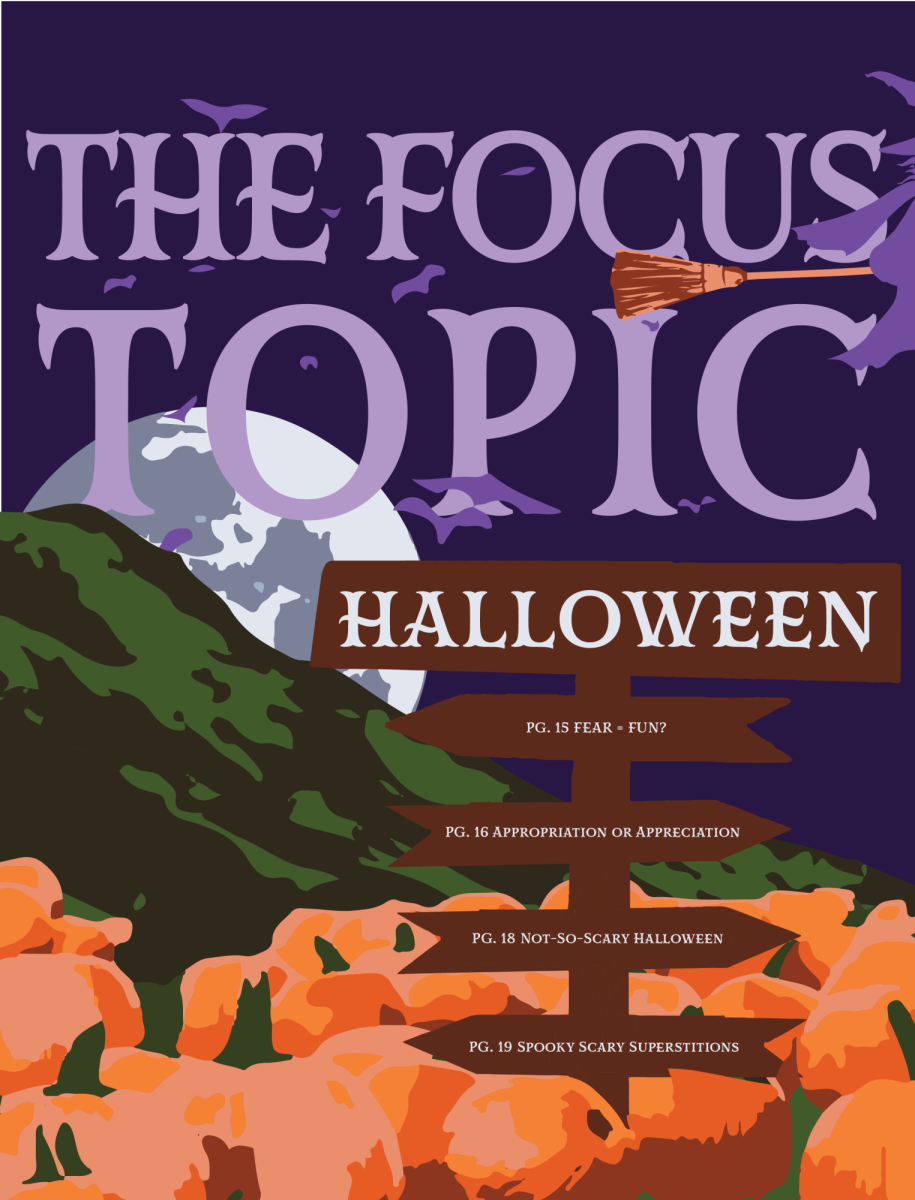In the midst of an election, especially one as heated and contested as this one, it’s important to be able to discern fact from fiction and develop informed opinions. Luckily, with the invention of the internet and the immense popularity of social media, it’s never been easier to gather information at the snap of a finger. However, this ease of access has come with the unintended consequence of widespread misinformation.
Often, this misinformation is harmless. A few years ago, NBA Point Guard Kyrie Irving spread a theory that the earth is flat. Aside from confusing a few children and embarrassing himself, Irving emerged relatively unscathed from the incident, and the event was largely laughed off. However, sometimes this misinformation has much greater impacts.
In 2016, the conspiracy theory “PizzaGate” went viral on social media. It claimed there was a network of high-ranking Democrats, including then-presidential nominee Hillary Clinton, running a human trafficking and child sex ring throughout a series of restaurants in Washington DC. This prompted one man to drive all the way from North Carolina to “liberate these children” from a restaurant called Comet Ping Pong with an AR-15. The man was promptly arrested and sentenced to four years in prison.
More recently, groups like QAnon have made headlines claiming that Democrats are a group of pedophilic Satanists who suck the blood of children. While all these examples may seem a little extreme, and the majority of people would likely never fall prey to something this radical, an internal investigation at Facebook found over 3 million QAnon followers and members. This just goes to show how easy it is to be deceived by this misinformation and how much it circulates.
One of the main reasons this information has spread at the rate it has is due to the rise of highly opinionated talk shows, like Ben Shapiro’s “The Daily Wire” and Tucker Carlson’s “Tucker Carlson Tonight”. Shockingly, a recent study by the New York Times found that Shapiro, in particular, garnered more Facebook interactions than ABC, NBC, The New York Times, The Washington Post and NPR combined. While Shapiro and Carlson aren’t blatantly spreading misinformation, their highly opinionated shows and others like them are often viewed by Americans as objective and a replacement for real news.
When Carlson goes on live television and argues that, “[white supremacy] is a conspiracy theory used to divide the country and keep a hold on power,” or when Shapiro claims a majority of Muslims are radicals and dangerous to our country, this creates paranoia in viewers and gradually leads them to be more susceptible to more outlandish claims.
To clarify, Shapiro and Carlson are political commentators, not journalists. They share their opinions––many of which are highly offensive and genuinely endangering––not facts. Though these shows are certainly entertaining, confusing them with facts increases polarity and can have dangerous consequences.
The solution to this problem and the way only to slow the spread of misinformation is simply to ensure that viewers are also viewing reputable news sources. Despite what our President may say, you can trust the mainstream media––CNN, NBC, Fox, etc. Aside from the opinionated commentators often featured on these networks, the majority of their coverage is almost entirely grounded in fact.
The news on these networks is reported by journalists, whose jobs are dependent upon whether or not they present accurate information. If they are caught lying or falsifying information, they will almost always be ousted by other news outlets or even punished by their own. For example, Brian Williams of NBC, despite his popularity, was suspended for 6 months in 2015 without pay for falsifying a story about the Iraq War back in 2003.
No such punishment or consequences occur for falsifying information online. Though bias does exist in media outlets, they are still far superior and more accurate than information you may find in that Youtube rabbit hole, or far down your “For You Page” on TikTok.
According to the Pew Research Center, in 2018, 20% of US adults said they “often” get their news from social media. While this number isn’t too alarming in and of itself, a lot of it depends on where this news comes from. If this news comes from reputable news outlets, there’s no problem whatsoever. However, if the information these people are viewing is highly opinionated, as has largely become the norm, these people could very well be the next in line to be deceived by misinformation.
Overall, the internet and social media have brought us great things. It’s easier than ever before to become informed. However, it’s also easier than ever to become misinformed. Only by continuing to view reputable news sources can we effectively protect against this.


















Stephanie Dryden • Nov 20, 2020 at 8:07 pm
Thoughtful article.